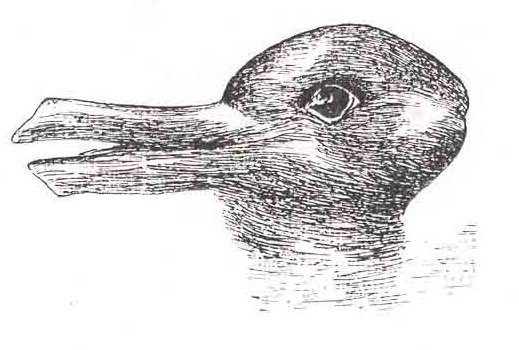Panoramic Awareness
Chogyam Trungpa Rinpoche
Related Posts:
TL;DR Rules and tools are secondary as they emerge to support the organizing principles in a company. The difficulty lies in motivating organizations to arrive at those deeper principles when all we have are the rules.

So, which one is the real Scrum? Where do we go looking for the Scrum that we want to find? Is it Scrum.org, Scrum Alliance? Perhaps the volumes of the SBOK(tm) Guide contain the recipe for the "right" Scrum?
Or, maybe the question is stated incorrectly: it's not Scrum, per se, that we want. We want to have a humane and efficient workplace where innovation and passion thrive while delighting the customer by delivering the right product at the right time. We can do this by checking in with the customer as often as possible so that we can make frequent course corrections to align with changing business needs.
In short, we want to be happy and successful. We choose to use evidence based empirical approaches to inform our planning and development.
Still though, all Agile frameworks cannot be equal at bringing forth these objectives. So, to clarify, we are discussing which set of rules (Agile framework) the current set of rules (classical PM) should be replaced with in a way that would bolster the principles characteristic of efficient development. This will, in turn, give rise to yet another set of rules (same Agile framework?) that will support those principles.
Spotify didn't become Spotify by copying another organization. Their trick is not in using words like Chapters, Guilds or Tribes, it is in their culture and in their mindset. Any organization that would cargo cult Spotify's external appearance, making it into a rule, still has a long way to go, reverse engineering, internalizing the principles, and building the culture.
This discussion is not new. Challenges in motivating and organizing knowledge workers have been studied at length, and virtually every time the solutions are the same - delegate authority and maintain intrinsic motivation.
Perhaps the challenge is not in motivating knowledge workers, but in letting go of Theory X type disempowering attitudes. Complexity Science demonstrates a more efficient way to structure organizations, but in order to get there a veritable paradigm shift in the way that we think of work and workers will be necessary.